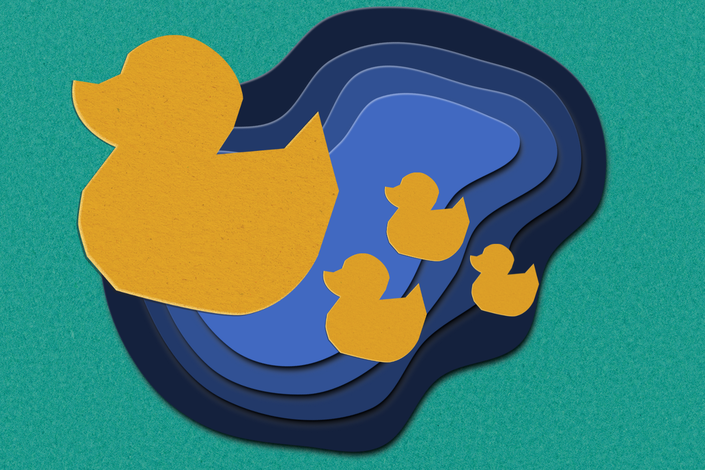
Parenting While Grieving
Webinar Recording from March 25th
As a parent, you don’t have the luxury of worrying only about yourself and your emotional well-being. It is your job, in good times and bad, to attend to the needs of your child as well as your own. Putting your child’s needs first is a no-brainer, so when something bad happens, it feels natural to set your own on the back burner.
Topics covered in this webinar include:
- Continuing connections with deceased loved ones
- The importance of modeling
- Secondary Loss
- Addressing barriers to coping
- Expanding your understanding of coping
- Making a plan and conceptualizing progress
Registration for this webinar includes the following:
- An invitation to the live webinar event
- PDF copy of our Parenting While Grieving mini-Workbook
- Access to the webinar recording and notes pages
See FAQs below for additional details
Frequently Asked Questions
Your Instructor

Hello, we are Litsa and Eleanor, the co-founders of the website, What's Your Grief. Thank you for joining our online learning community. We hope some of what you find here will help you understand grief an grief coping a little bit better.
We are what we like to refer to as 'grief friends.' We both have backgrounds in mental health and plenty of experience working in the field of grief and bereavement. But what we ultimately bonded over was our shared experience of losing a parent to cancer in early adulthood. All our webinars and online courses are based on the ideas and information we've found most helpful in our personal grief, and in our daily work with grieving people.
We teach all our webinars and courses, so we should probably tell you, we prefer to talk about grief and loss in realistic and regular ways. If you're looking for transformative butterflies and sympathetic head tilts, I'm afraid you've come to the wrong place. Sometimes we're serious, and sometimes we joke, sometimes we're matter of fact, and sometimes we're philosophical. No matter what, though, we believe your experience with grief should always be recognized and respected, not patronized.
